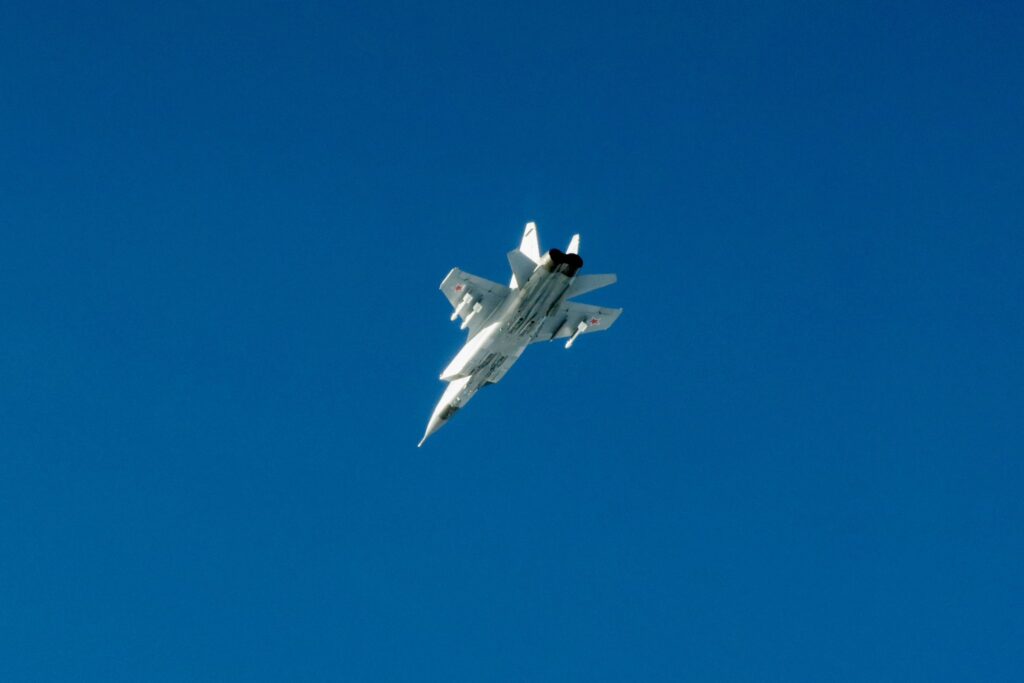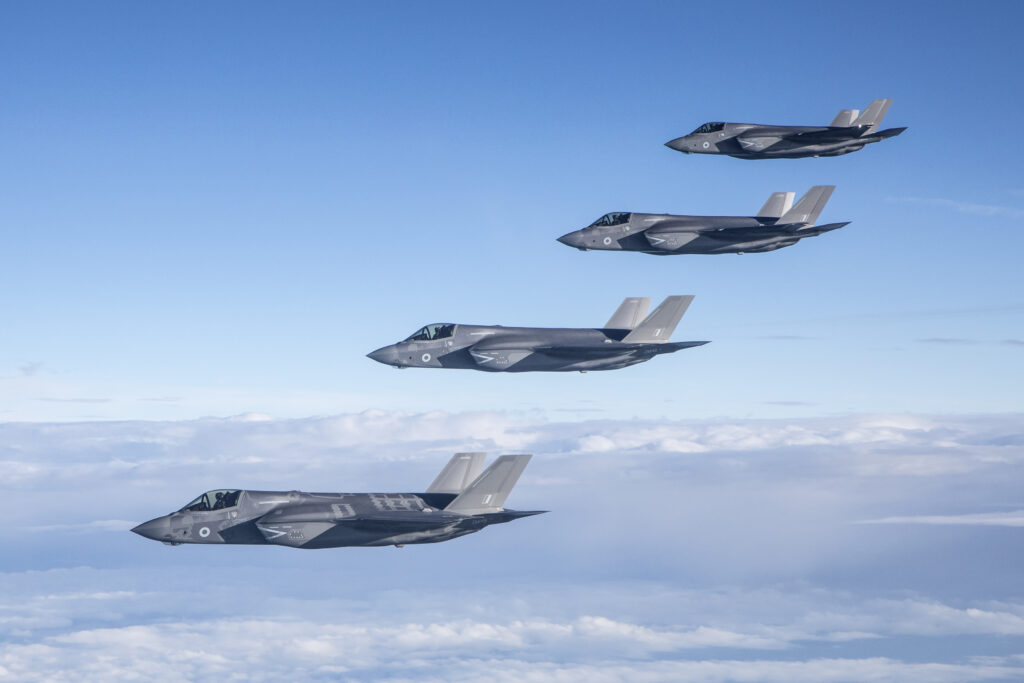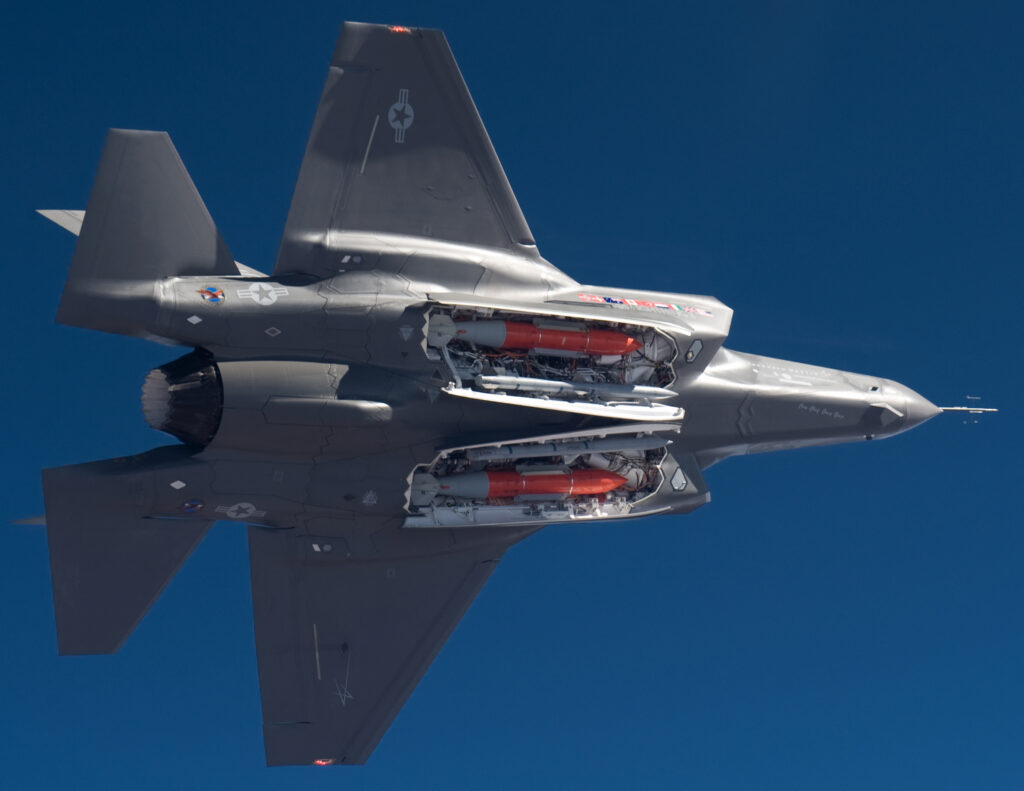Estonia has said it is ready to host British fighter jets capable of carrying nuclear bombs, days after Russian aircraft carried out the most serious violation of NATO airspace in years.
Asked by The Telegraph if Estonia would be willing to host Britain’s future fleet of F-35A fighters, defence minister Hanno Pevkur replied, “I’m always open. The door is always open for allies.”
The comments follow the incursion of three Russian MiG-31s into Estonian skies last week. The aircraft, flying without transponders or flight plans, remained over the Gulf of Finland for twelve minutes before being escorted out by Italian F-35s from Ämari airbase.

NATO allies convened under Article 4 of the alliance treaty, condemning Russia’s “dangerous violation of Estonian airspace” and warning of a wider pattern of provocation.
At the UN Security Council, Estonia presented radar data and photographs of the incursion. Russia denied the charge, insisting its aircraft flew “over neutral waters of the Baltic Sea, over three kilometres from the island of Vaindloo.”
Western leaders urged caution over escalating the stand-off. Mr Pevkur said NATO’s response should be “proportionate” and decided “case-by-case.” Donald Tusk, the Polish prime minister, struck a harder line, declaring: “We will shoot down any flying objects when they violate our territory and fly over Poland. There is absolutely no discussion over that.”

Britain is due to purchase 12 of the nuclear-capable F-35As, with deliveries to begin by the end of the decade. Their deployment in Estonia would require US approval, as Washington controls both the aircraft’s integration and the B61 bomb they are designed to carry.
A British military source cautioned there was “no need to have a strategic capability forward in a tactical position in Estonia,” arguing the jets would act “less as a deterrence, more as an agitator.”
For Estonia, NATO’s smallest frontline state, the latest incursion was a stark reminder of its reliance on allied air power. “The question is not whether Russia will try again,” one official said, “but how we will respond.”

